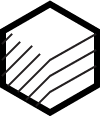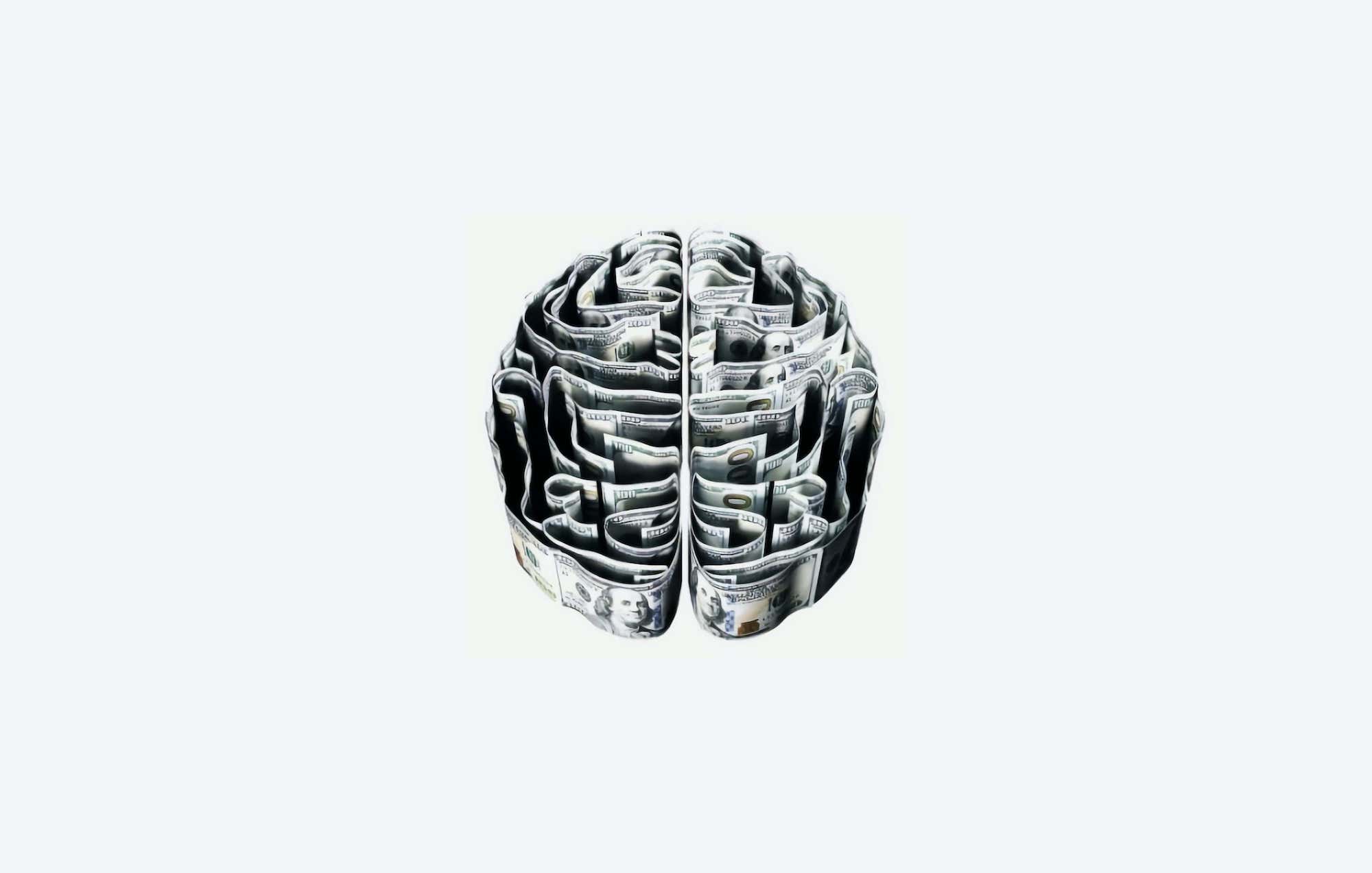The world is drowning in an absurd amount of information. And everyday more and more is added to the stockpile.
“We’ve created more information in the past few years than in all of human history before us. On average, we take in five times as much information every day as we did in 1986 – the equivalent of 175 newspapers.” – Organized Mind by Daniel Levitin
And we wonder why we have a hard time remembering where our keys are or if we locked the door.
That book was written in 2014 so I assume the number is even more astronomical now.
Suffice it to say….we’re a distracted people. Our brains are overwhelmed and exhausted by all of the constant inundation of information.
Most of the information is coming from our phones and feeding our addiction to novelty.
Our brains can’t keep up. It’s natural mechanisms don’t do well with the constant multi-tasking and attention switching. The brain wasn’t designed to be able to hold that much information in contingency at the same time. Our brains were made to focus. To do one thing at a time. Our survival depended on our focus.
First, let’s define and describe what information overload is and how it affects us.
What is information overload?
Information overload in the Internet world has to do with excessive consumption and overexposure to information and data.
When there’s too much information to process, it overloads the brains ability to focus, make decisions, and think clearly.
Information overload is not a new idea but modern technology has really exacerbated this problem. Social media and the attention economy are the main culprits.
We’ve got a lot of information coming at us all the time. Besides the regular information that we’re processing in a conversation — non-verbal cues, tone of voice, the words themselves, we’re also getting a text message from our mom about something completely unrelated to the conversation we’re having in person. Then we open Twitter to see something trending and read some tweets. All the while this person is still talking. Our brain is having to shift attention several times and important info is being missed. The brain can’t focus on several separate things simultaneously.
George Miller, one of the founders of cognitive psychology proposed that people can process about seven chunks of information at a time.
That’s not a whole lot. And it’s why trying to work while texting, listening to a podcast, and getting slack messages is absolutely horrible for the brain. Too much context switching and our brain becomes scattered, and distracted. We make poor decisions and experience cognitive decline.
Two types of information overload
Straight up just too much information
You know that feeling you get when you do 3 hours of research on something and feel more confused about the topic because there’s so much information. It makes it difficult to process.
The Internet is an endless supply of information and research can become overwhelming without the right boundaries.
Smartphone Addiction
Our phones induce overload on a daily basis.
Both of the types of overload affect our brain’s ability to think clearly.
Most of us are in a constant state of interruption and distraction. We’ve damaged our ability to focus. We switch from thing to thing all day long and wonder why we have a hard time focusing while we’re working. We hit a difficult problem, pick up our phones and scroll through Instagram. When we’re waiting in line somewhere, we pull out our phones. We’ve lost the ability to be bored and just let our minds wander.
You experience information overload acutely when you’re glued to your phone. Switching from texting to email to Twitter to Facebook to Instagram.
A Typical Day of Information Consumption
Let’s go through a typical day in the life of someone consuming huge amounts of information. 7am, you wake up and immediately grab your phone. Scroll through Twitter, switch to Instagram, check your email, check Facebook. 20 minutes later get up. Turn on a podcast about finances while you’re making breakfast. Scroll through Twitter while the podcast is still playing. Text a few people. Find something interesting to read on Twitter and spend the next 5 minutes reading an article while fielding several texts at the same time. Ok so we’re like 1.5 hours in and you get the point. You just doused your brain in a huge amount of information.
From the time we wake up, we’re consuming information. We start off the day with a fire hose of information. Before our brain has the chance to really wake up, we’re drowning in information. No wonder, we forget things when we leave our house.
There’s only so much space in our brains. If you have limited space, then you need to be particular with what you put in there.
By cramming our heads full of information, we leave very little room for our brain to perform its normal functions — like daydreaming and thinking of random thoughts.
It’s one of the reasons why we usually have a breakthrough idea or remember to do something when we aren’t really doing anything at all. Like waking up from a nap or taking a shower.
Our mind wanders and bumps into some brilliant thoughts when we aren’t forcing it to do other things all of the time. Not only do we wear our brains out by consuming nauseating amounts of information, we also switch our attention every 5 seconds. We scroll through videos, tweets, and articles, bouncing around like pinballs from one thing to the next.
Our brain has no time to wander or to think it’s own thoughts. It’s taking in information and trying to process and store it. It’s hard to do that all day long and so inevitably our brain tires.
Thinking deeply and being original takes a lot of focus and energy.
The way we use our brains today goes completely against how they were designed. Constantly switching between texting and reading Twitter, having a conversation with someone while the TV is on. There’s only so much glucose in the brain in a given day and constantly switching our attention depletes it extremely fast. Once it’s gone, it’s hard to focus when we need it.
What’s the solution?
Low information diet is the perfect solution for information overload.
A low information diet gives you time to process what you’re learning. Time to think for yourself.
Low information diet can drastically improve your thinking, your clarity, your memory, and your attention. You’ll be more present in a conversation. You’ll be able to remember small details like where you put your car keys or that you need to call someone back.
What is low information diet?
Simply put, it means your mind takes in less information in a given day.
Low information diet doesn’t mean you’re ignorant or not learning. It just means that you’re strict with what you learn and give yourself time to think. Instead of filling your head with information throughout the entire day, you’re intentional with how much and what information you take in. This will give your brain the energy and space to do what it does best –think novel thoughts, wander, decipher, decode, encode, categorize, and more.
Our brains need time where nothing is demanded of it. Time for it to wander and do its thing.
When your brain doesn’t have to focus on anything, it shifts into a different mode and this mode can do amazing things. We just never give it the time of day because we don’t like to feel bored. Any free moment we have, we look at our phones so that we don’t feel the slightest pang of boredom. But boredom is something our brain needs.
Boredom is good
Boredom gives our brains the time to wander and sort through everything it’s already processing.
Something that’s underrated and underused in our culture is thinking for yourself. It’s easier to just see a video on Facebook, share it, and wipe your hands clean. It’s easier to just let everyone think for you and you just repeat what they’ve said. The easiest route to take is the one that’s already been paved for you. People have already done the hard work of thinking of these ideas so it’s easier to just piggy back. Oh yeah I like what he said and then we start repeating it. But do we really agree with it? Have we dug into it, tried to punch holes in it, or do we just accept things at face value? Has it been through a thoughtful process of integration into our beliefs?
The reason a low information diet is so powerful is because it allows you to think for yourself. In these modern times, thinking for yourself is rare. We “cancel” people for ideas that are different. We’ve lost our tolerance for people that have different ideas than our own. Groupthink runs rampant. Intellectual diversity is discouraged.
A low information diet is all about sharping your mind. Like a river smoothing a sharp rock, too much information dulls your mind. If your mind is overflowing with information, your brain doesn’t have the energy and capacity to generate its own ideas. Too much information drains our brain of its finite energy. We must protect our ability to think clearly and become totally focused. It’s what makes us unique.
“Through his mind he can leap oceans, break through walls, and transcend the categories of time and space.” – MLK, What is man?
We need to do everything we can to protect this amazing gift we’ve been given.
What a low information diet is not?
It’s not the absence of information. It’s not a dislike for information. It’s not a call for ignorance.
It’s a call to think for yourself. To protect how much information you’re taking in so you have the ability to think on your own. To protect your brain, so you can remember things, things that you really need to remember.
Anecdotal Evidence
I ran an experiment where for one week I deprived myself of information. One Week of input deprivation.
No books. No audiobooks. No podcasts. No blogs. No Facebook (even just to post). No TV (shows, sports, news, anything). No movies. No LinkedIn. No Reddit. No Twitter.
No information input – only output!
The goal here was to break my addiction to novelty and focus on creating instead of easy consumption of information. And here’s what I noticed by day 7.
I felt more clear headed and less distracted. My mind wasn’t in a state of distraction like when I went from email to Twitter to Instagram back to email to texting. All of that switching from thing to thing, completely destroys our ability to think deeply. We never have enough time to get extremely focused on one thing. And every time we pick up our phone to scroll Linkedin, it takes a long time for us to get focused again on the task at hand. Yet we do it so much, we don’t necessarily notice the toll this is taking on our minds.
I was way more engaged. During work, I was working hard and not getting distracted. I was engaged on calls with my team and clients. I was more organized because I was writing things down. I felt present.
The days felt longer. Normally I was averaging about 3-4 hours on my phone per day. But not checking my phone except for texting and phone calls, the numbers dropped significantly. And combined with not watching tv or reading, this gave me hours and hours back to do something. I had to start getting creative with what I was going to do with all of this time. I spent more time with my wife doing puzzles, talking, and going on walks. I had time to just sit and let my mind wander which felt great. I wrote more. Having a solid amount of time to write and think was hugely beneficial.
I was more social. I called friends to catch up with them. I met up with friends in person and was fully engaged in conversations. This felt great to connect so deeply with others.
Overall this experiment really opened my eyes to the benefits of a low information diet. I felt like it gave me my mind back. It came alive again during those 7 days and it really got me thinking about how to find the right balance. Information is amazing but too much of it can deaden our ability to think and create.
The easiest route is to passively consume information through our screens. What matters is what you do with the info yourself. Do you use it to create something? Do you make it your own and riff on the idea? Or do you sit back, soak it up, and move on to the next thing?
There’s use in quality information but there’s even more use for quality thinking. Quality thinking can take information and expand upon it, applying it to real life situations. It will help you take information and create new ideas or connect several ideas together. In order to have quality thinking, your mind must be clear and focused.
Quality thinking leads to great things.
Low information diet is the attempt to reel back the amount of information going through our heads. If we really do consume the equivalent of 175 newspapers a day, then we need to cut back. And cut back big time.
This will allow us several benefits: more time, more energy, better focus, better memory, clarity, and less stress.
If we simplified how much information we took in, step by step we could all become better thinkers. Slowly but surely we could get our minds back.
One final piece of advice
Stay away from the news.
Share




Show
1,599 comments